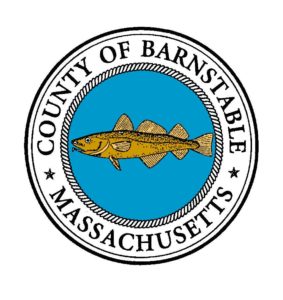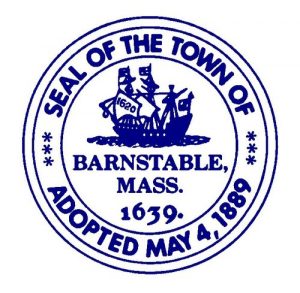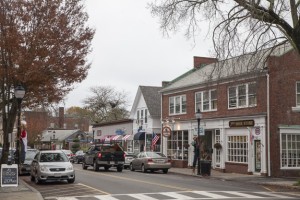
HYANNIS – The Barnstable County Commissioners have moved forward with allocating the county’s remaining $11.4 million of federal COVID-19 relief funds to address Cape Cod’s housing crisis.
The American Rescue Plan Act (ARPA) funds had already been earmarked to address housing, which was previously named the biggest issue facing the region.
Cape Cod Chamber of Commerce CEO and ARPA Advisory Committee Chair Paul Niedzwiecki gave an update on how the group was suggesting the money should be portioned at a recent board meeting.
Niedzwiecki said the committee determined $3 million should be for sheltering and medical respite, $6.9 million should be for affordable housing, and $1.5 million should be for market-rate and workforce housing.
The county could then begin a Request for Proposals (RFP) process to hear from nonprofits, municipalities, and other organizations about how to best use the money.
The committee didn’t recommend any of the money go towards transitional housing because $1.5 million of the county’s $5 million grant program could go to transitional housing incentives that are still in the competitive process for those funds.
County Commissioner Ron Bergstrom offered his feedback on the committee’s recommendations.
“The Cape doesn’t have a housing problem, it has a demographic problem. We’ve got plenty of housing, we’ve got plenty of people, but the problem is we don’t have housing for the kind of people that we need to,” County Commissioner Ron Bergstrom said.
“Eighty-two percent of the housing stock on the Cape are single-family homes, compared to what I believe is at least 52% statewide, so we do have a housing problem,” Niedzwiecki said.
He said that even though the region has housing stock, because the Cape has too many single-family homes, it lacks other kinds of housing.
“Whether the towns realize it or not, that’s an unsustainable structure moving forward,” he said.
Niedzwiecki then cited a report that looked at the economic impacts of the housing crisis and found the Cape is importing half of its labor force and is losing almost a 1,000 families a year that make less than $100,000.
Niedzwiecki said he thought zoning still needs to be addressed on the Cape and that the state may start to impose consequences for towns that don’t update their zoning laws.
“Single-family zoning can have incredibly negative effects, and can frankly be racist and bigoted, so we have to look at what is and what kind of community we’ve become because of it,” he said.
Niedzwiecki said that housing for the Cape’s seasonal workforce was also a priority of the committee and mentioned the need to find a sustainable solution for housing J-1 visa holders.
For affordable housing programs, the committee highlighted Grow Smart Cape Cod’s mapping tool that determines where housing and conservation interests overlap.
The commissioners authorized the $11.4 million in ARPA funds to go toward the region’s housing sector and endorsed the recommendations of the advisory committee.
By Brian Engles, CapeCod.com NewsCenter
























